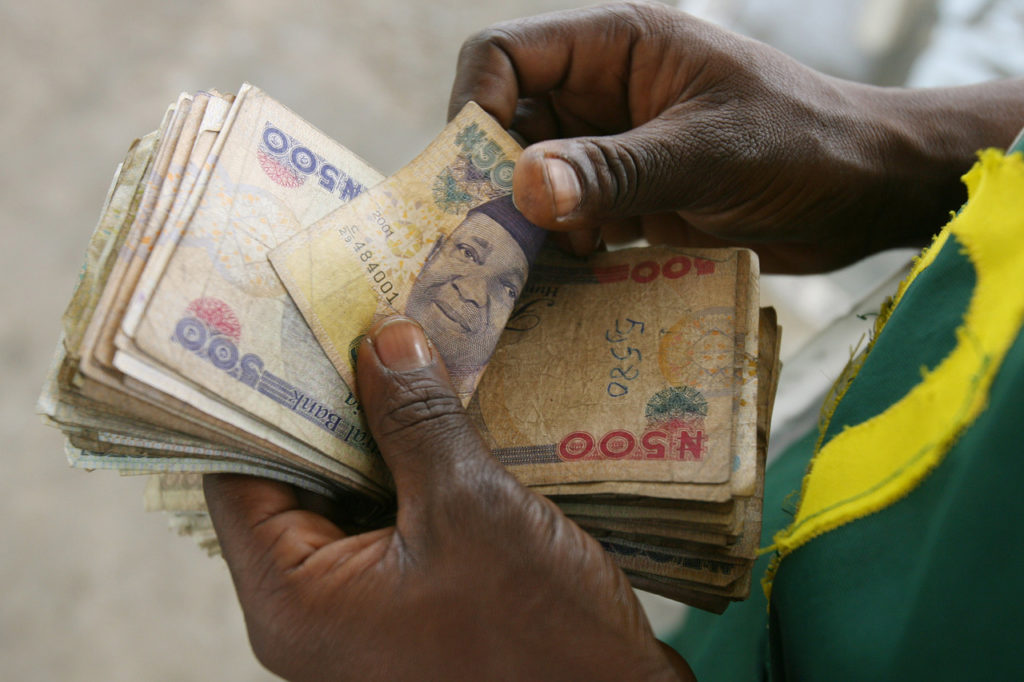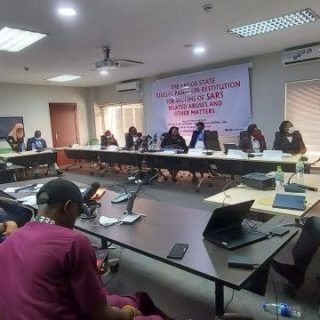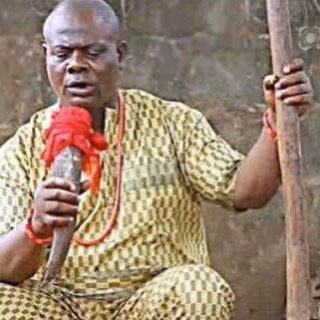Citizen is a column that explains how the government’s policies fucks citizens and how we can unfuck ourselves.

Recession, palliative, ad-hoc committee, ultra-modern, bistro — you can’t claim to be a Nigerian if you’ve never heard these words. They are so popular, we wrote about them.
Speaking of recession, on Saturday, November 22nd, 2020, the Nigerian Bureau of Statistics reported that Nigeria’s GDP (Gross Domestic Product) reduced by 3.62% from September to October 2020 (Q3 2020). The economy had reduced by 6.10% from April to June 2020 (in Q2 2020), all of which led to the report that Nigeria is now in an economic recession.
A recession is a decline in economic activity for a few months. Usually, when many businesses in a country lose money instead of make profits for six months, economists declare that the country is in a recession. In Nigeria’s case, our trade, financial and manufacturing activity have reduced in six months — which means that the country is officially in a recession.
It is usually rare for a country’s economy to decline for two or more consecutive quarters, or over six months, but since 1960, Nigeria has entered into recessions only four times — in 1983, 1987, 2016 and 2020.
The curious thing, though, is that most of these recessions are usually linked to the low oil prices. Because 90% of Nigeria’s foreign revenue is gotten from oil, 80% of our export is crude oil and over 50% of all the money the federal government makes is also gotten from oil, any time the price of oil reduces, it badly affects Nigeria’s economy.
In 2020, COVID-19 has affected economic activity badly. For instance, China, Nigeria’s biggest oil importer, implemented large scale lockdowns in January, 2020. This meant that Chinese factories were not working, neither was any travel or economic activity that seriously required crude oil happening in China. Meaning that China had no need to import Nigeria’s crude oil.
Because of the low demand of crude oil from China and many other countries, oil prices fell to $28, and even less — some of the lowest oil prices in history. All of which meant that Nigeria’s federal government had less revenue to balance the budget and pay for critical development activities.
Worse, because oil sales are conducted in dollars, low oil prices also meant that Nigeria could not generate enough foreign currency, which ended up affecting Nigerian business people who wanted to import goods from other countries. This meant a higher cost of importing goods into Nigeria, which led to a higher price of goods or “inflation“.
Read: Nigeria’s Economy Shrank 6% From April To June. What Does That Mean?
Nigeria’s Recession In The 1980s
Again, it is important to note that this is Nigeria’s economic fourth recession since 1960, most of which is usually inextricably tied, one way or the other, to globally low oil prices.
In 1980, global oil prices collapsed as it has in 2020, and because the Nigerian government was spending lavishly in the 1970s, the oil price fall of the 1980s affected the government’s revenues.
With the fall in oil price, Nigeria quickly entered into a recession. The government was making little money and there was no foreign exchange to pay for Nigeria’s imports. All of this led to an economic crisis, which included high unemployment, the government’s inability to pay its debts, a foreign exchange shortage, and so on.
In 1986, General Ibrahim Babangida’s government decided to reject an IMF (International Monetary Fund) loan proposal. Instead, he adopted a modified variant of the transitional Structural Adjustment Programme (SAP), which was designed and implemented by Nigerians. The World Bank also supported the policy with a $450 million trade and export diversification loan.
The objectives of this modified Structural Adjustment Programme (SAP) was to:
- Restructure and diversify the productive base of Nigeria’s economy so as to reduce dependency on the oil sector;
- Reduce the amount Nigeria paid for imports while increasing how much we exported;
- Reduce inflation in the country i.e the high cost of prices of goods.
The GDP growth objectives for 1987 was set at 3-4%, while inflation was supposed to reduce to 9%.
The government decided to go about this modified Structural Adjustment Programme by:
- Adopting measures to boost domestic production of goods;
- Setting up of a “Second-Tier Foreign Exchange Market” where foreign exchange would be traded without government control;
- Eliminating price control and commodity boards;
- Reducing control of interest rates;
- Reducing public sector enterprises and reducing public sector workers.
The government also introduced “relief packages” like the Urban Mass Transit Programme of 1988, the People’s and Community Banks of 1989, the Directorate of Food, Road and Rural Infrastructure (DFRRI), the Better Life for Rural Dwellers Programme of 1989, amongst others.
However, as of 1995, the modified Structural Adjustment Programme showed mixed results. The programme was shown to have brought few tangible results to the people, and the poor implementation and execution of the programme meant that it did not achieve what it set out to achieve.
Nigeria’s 2020 recession
Nigeria’s 2020 recession is not unconnected from the impact of the COVID-19 lockdowns that have reduced economic activity for a considerable part of the year.
Several countries are currently facing economic recessions because of COVID-19 and the consequent lockdowns.
However, one way to reduce Nigeria’s exposure to recession is to reduce the overdependence on crude oil sales, which currently accounts for over 65% of our revenue and over 90% of our foreign exchange earnings. The Structural Adjustment Programme of the 1980s set out to achieve this independence from oil sales and “structurally adjust” the economy of the country, but it achieved mixed results, at best.
Going forward, Nigeria must diversify its economy from crude oil sales. By growing other sectors, especially agriculture, information technology, maritime, transportation, aviation, solid minerals and entertainment, Nigeria can withstand economic shocks better.
Read: Should Nigeria Keep Paying For Petrol Subsidy?
We hope you’ve learned a thing or two about how to unfuck yourself when the Nigerian government moves mad. Check back every weekday for more Zikoko Citizen explainers.




